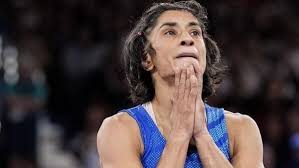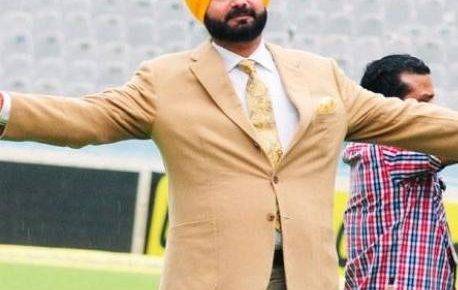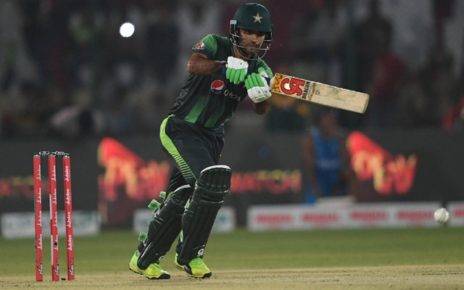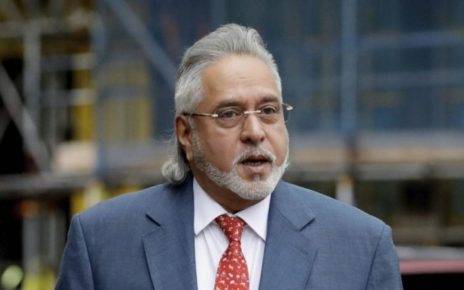The recent disqualification of Indian wrestler Vinesh Phogat from the Olympics has ignited a storm of controversy and raised questions about the role of politics in sports. This incident has not only put a spotlight on Phogat’s career but also stirred a debate about the intersection of sports and politics in India.
Vinesh Phogat, a prominent name in Indian wrestling, was disqualified from the Olympics under circumstances that many see as questionable. The disqualification came after Phogat was involved in a highly competitive bout where she was vying for a spot in the medal rounds. The decision has been met with widespread criticism and claims of sports politics playing a role in her removal from the competition.
Opposition leaders have been quick to seize upon this issue, accusing the government of mishandling the situation. They argue that Phogat’s disqualification was influenced by political maneuvers rather than fair sporting judgment. This accusation is particularly poignant given the high stakes of the Olympic Games and the intense national pride associated with them.
The controversy has sparked a broader discussion about how sports and politics often intertwine. Critics argue that such incidents undermine the integrity of sports and affect athletes’ performances. For many athletes like Phogat, who have dedicated their lives to their sport, facing such hurdles can be disheartening and demoralizing.
In response to the opposition’s allegations, government officials have defended their stance, insisting that the disqualification was based on the rules and regulations of the sport. They maintain that the decision was made by an independent body and that there was no political interference. Despite these assurances, the skepticism remains, fueled by the public’s perception of a politicized sports environment.
This incident has also led to calls for greater transparency in how sporting decisions are made. There is a growing demand for clearer guidelines and more accountability to ensure that athletes are judged solely on their performance rather than external influences. Ensuring that sports remain free from political interference is crucial for maintaining fairness and promoting talent.
The impact of this controversy extends beyond Vinesh Phogat’s individual case. It raises important questions about the governance of sports in India and the need for reforms to prevent similar issues in the future. As the debate continues, it is imperative for stakeholders to address these concerns and work towards a more transparent and fair sporting environment.
In conclusion, the disqualification of Vinesh Phogat has highlighted the complex and often troubling relationship between sports and politics. While the government maintains that the decision was made fairly, the allegations of political influence suggest a need for greater scrutiny and reform. For now, the focus remains on Phogat’s future and the broader implications of this controversy for Indian sports.





